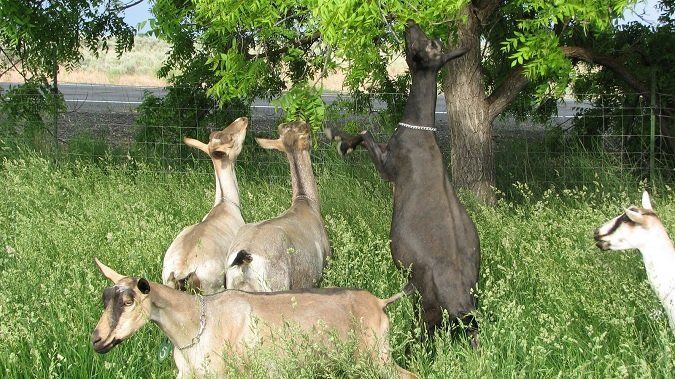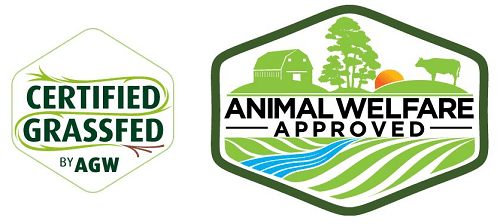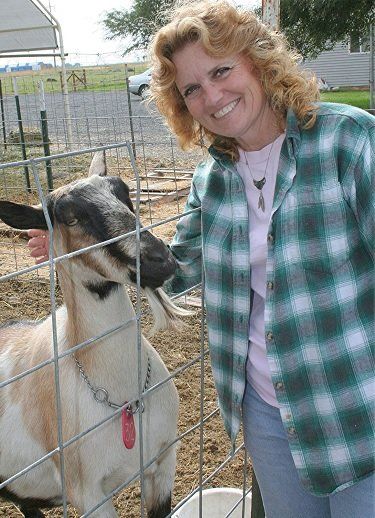Farmer Spotlight: Lucky Hook Farm
Local farmers and producers are the heart of Marlene’s Market & Deli, so we were thrilled when we got a chance to catch up with Jessi Ellis-Maurer, owner and operator of Lucky Hook Farm, to see why she started goat farming and what inspires her the most every day.
How did you become involved in farming?
I would say that it is in my blood. I first fell in love with goats in Green Acres, Washington, when I was only 10 years old. My best friend’s dad had a pair of goats and I would always come over and get to milk them. My favorite was a sweet white goat named Susie. I was so excited when my friend’s dad would let me take the milk home in a glass jar. His children wouldn’t drink the milk without Ovaltine, but I loved to drink it straight!
Would you tell us about your goats?
I got my first goats in 1980, the same year my daughter was born. I wanted her to have goat milk instead of commercial baby formula, and back then, if you were lucky enough to find goat milk at a store, it was ultra-pastured milk from California – I didn’t want that. So, I rented a spot in Spokane Valley and bought my first Alpine goats! Today, I have Alpines, Saanens and Lamanchas. My goat family keeps growing because I adopt goats from people who can’t keep them anymore. I opened my dairy in 2006, and I’ve been supplying a growing number of customers with raw and gently pasteurized milk since then. I’ve basically milked goats twice a day, every day, since 1980!
What certifications are important to your farm?
At my farm, the most important thing to me is animal comfort and care. I have two certifications from a third-party outfit called A Greener World, which promotes and supports sustainable farming systems.
I am really proud to have Certified Animal Welfare status. Getting the certification was easy for me because I was already complying with all the regulations. This goes hand-in-hand with being Certified Grassfed, as well. These certifications reaffirm to me that I was doing the right thing all along.
I am always trying to improve life for my goats. Typically, farmers will separate mothers and their kids in order to tame goats and utilize milk production, but that always makes me feel so terrible! This year I am going to begin keeping them together. The mamas can really only handle two kids, so if there happens to be three, I’ll still hand feed, but I’d rather leave it up to the goats. It is a little unusual for a dairy farm, but I know we can make it work.
What is new at Lucky Hook Farm?
We have a spacious new barn, as well as a new milking parlor and processing building. The reason I decided to make these updates leads back to animal welfare. I don’t want goats standing around for hours waiting to be milked. Now, I can milk 12 at a time, so we really get through the herd pretty quickly. It used to take four hours, and now we can do it in one.
Wow! Do you do that all by yourself?
I do 99.9% of it myself. My husband works full time, but he helps out with the mechanical side of things. If something breaks, he fixes it. Also, my daughter knows how to run the farm, so some weekends she will come relieve me so I can go camping and leave my cell phone behind!
What is your favorite part about operating Lucky Hook Farm?
I really love when the baby goats are born. I hand deliver every one of them, and it is like a special new Christmas present each time. That being said, I think the most rewarding aspect of what I do is hearing the stories my customers share with me. I hear from mothers who were at a loss with their babies’ health conditions until trying goat milk. A man with celiac disease told me how grateful he is because sometimes this milk is the only thing that helps him pull through the day! This is what truly inspires me.













